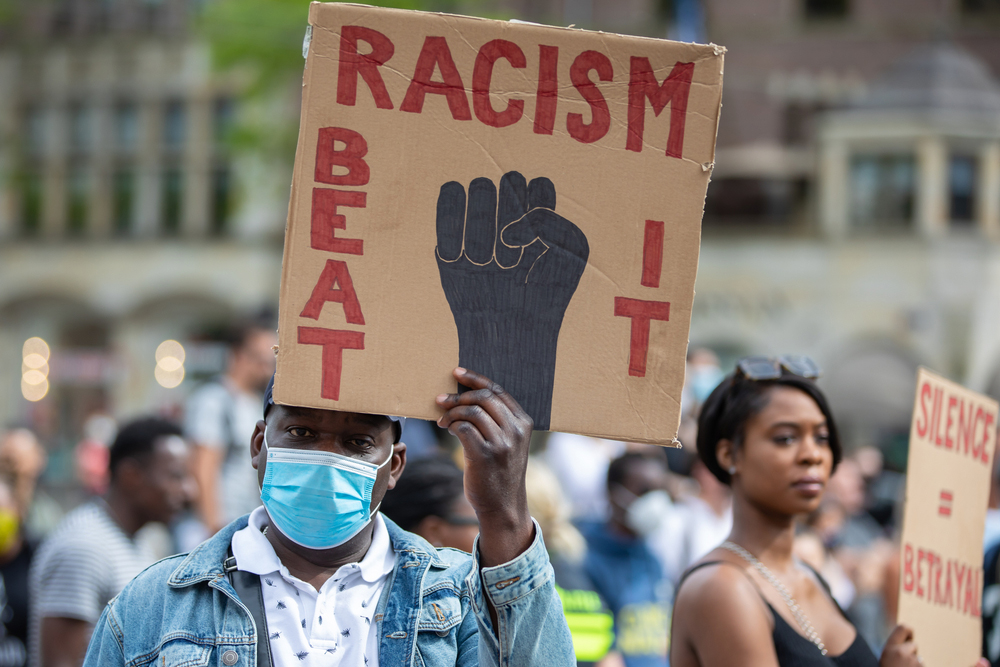As COVID-19 recovery brings even more employees back to work, many people may show up still emotionally charged from recent racial tragedies across the nation as well as the protests and riots that followed. All of which means you’re likely to see an increase in discussions about race relations on the job.
Employers in ‘Unique Position’
Like many of you, I am grieving the tragic death of George Floyd in Minnesota, the attempted villainization of Christian Cooper in Central Park, and the many other injustices against the African-American community that preceded the events.
As an attorney who, like everyone else, has been adjusting to pandemic life, I often find myself struggling to carve out time, outside of advising businesses on employment law issues, to ponder the injustice and identify opportunities for change.
It isn’t new for race relations to become a workplace issue, but businesses now find themselves in a unique position. On the one hand, they can attempt to remain neutral when the issues surface. Since consumers and civil rights groups are increasingly demanding employers take a stand against systemic racism, staying silent may not be a viable option, at least for some.
Other business leaders may feel a moral obligation to speak up and take action during such tumultuous times. Further still, if race relations escalate into workplace confrontations within a specific business, like it or not, you may be forced to address the issue in the form of taking one or more employment actions.
2 Approaches for Employers
Ultimately, how a company chooses to respond to escalating racial tensions in the workplace can be viewed from two perspectives: (1) avoiding liability and/or (2) creating opportunity for meaningful change.
Liability perspective. In the current, tense climate, quick employment decisions may bring unintended consequences. For example, if an individual whose employment is terminated can convince a jury it was his race (or stance on a racial issue) that motivated the discharge, the business may find itself on the wrong side of an expensive discrimination lawsuit.
While there will certainly be instances when disciplining employees (including terminating employment) will be an appropriate consequence for workplace misconduct, now is simply not the time for rash, unplanned action.
Opportunity perspective. If we view workplaces as a microcosm of society, then perhaps the inevitable disagreements over race relations can serve as an opportunity for meaningful dialogue and growth. By implementing sensitivity training or taking other proactive measures to give all involved both a voice and an opportunity to listen, you may be in a unique position to facilitate change that goes beyond your individual workforce.
Bottom Line
Whether businesses are motivated by a desire to contribute to social change or simply stay out of court, many employers may find your workplaces have become the front lines of American race relations. If so, your best offensive weapons will be thoughtful planning and strong advisers.
Shannon Pierce is an attorney with Fennemore Craig, P.C., in Reno, Nevada. You can reach her at spierce@fclaw.com.

